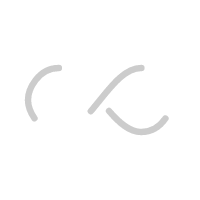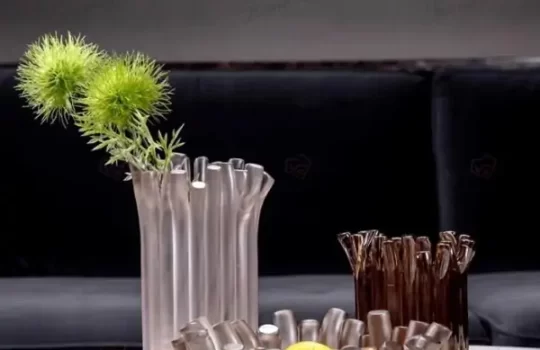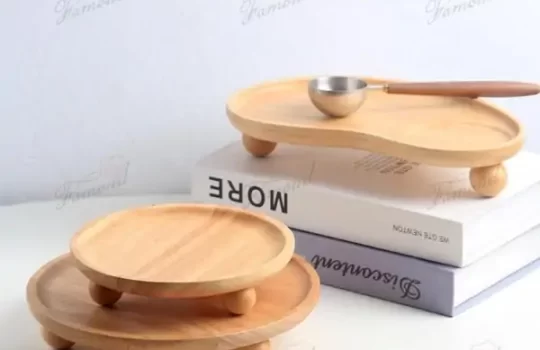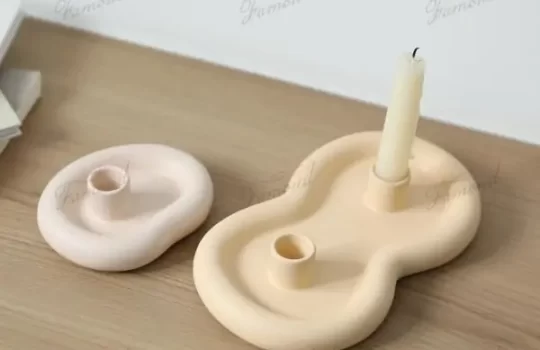A Comprehensive Guide to Bookend Materials
When selecting bookends, it's important to understand the different materials available and their respective advantages and disadvantages. Here's a concise overview:
1.Wood
Advantages: Aesthetic appeal, durability, and stability.
Disadvantages: Prone to scratches and may warp over time.
2.Metal
Advantages: Strong and sturdy, often with a modern appearance.
Disadvantages: Can be heavy and may rust if not treated properly.
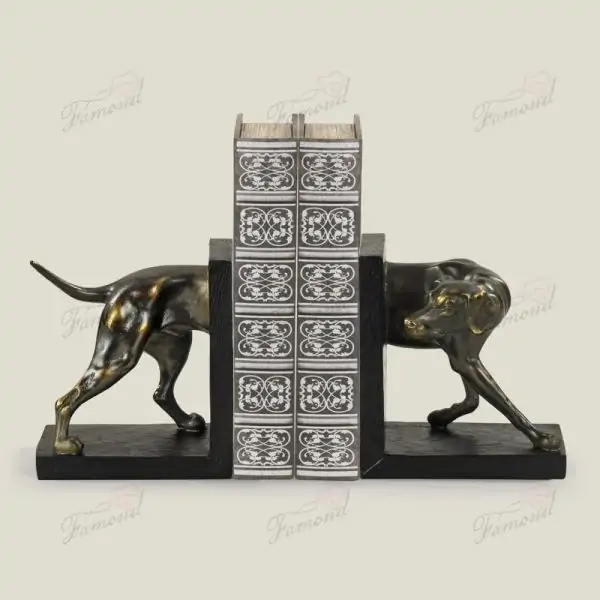
3.Plastic
Advantages: Lightweight, affordable, and available in various designs.
Disadvantages: Less durable than other materials and may fade over time.
4.Stone
Advantages: Highly stable and visually striking.
Disadvantages: Heavily weighted and susceptible to chipping.
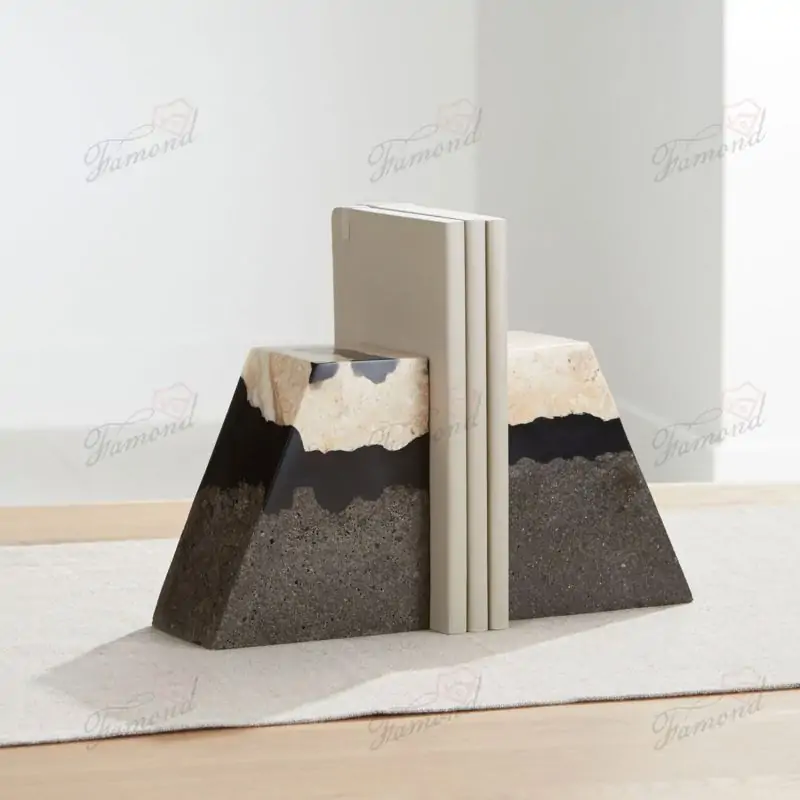
5.Fabric
Advantages: Flexible shapes and customizable designs.
Disadvantages: Limited stability and may accumulate dust or dirt.
6.Ceramic
Advantages: Decorative potentials and heavy enough to hold books securely.
Disadvantages: Fragile and prone to breakage.
7.Resin
Advantages: Versatile with various shapes and designs, water- and moisture-resistant.
Disadvantages: UV-sensitive, may fade when exposed to sunlight; some can be lightweight and less stable.
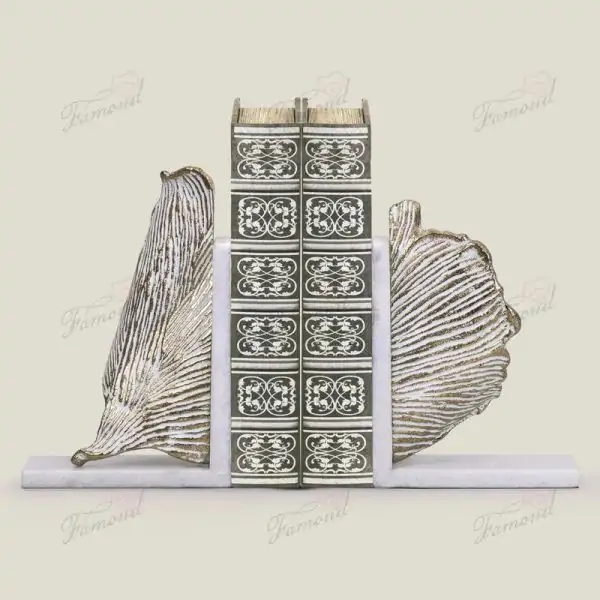
8.Concrete
Advantages: Hefty, providing excellent stability and a unique industrial aesthetic.
Disadvantages: Prone to cracking and chipping, and its weight can make it cumbersome to move.
Each material offers unique characteristics, catering to individual preferences and functional requirements. Consider the visual appeal, stability, and your specific needs when selecting the perfect bookends for your space.
